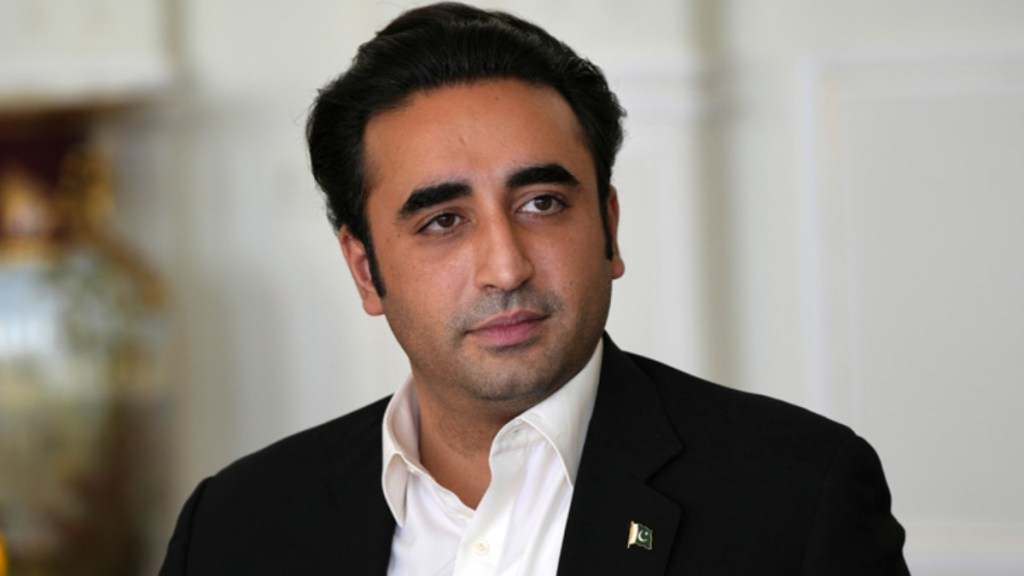Pakistan People’s Party (PPP) chairperson Bilawal Bhutto Zardari has dismissed India’s accusations linking Pakistan to the recent Pahalgam terror attack, calling them “baseless” and reflective of a longstanding pattern of blame without evidence. In an interview with the BBC, Bilawal emphasised that Prime Minister Shahbaz Sharif had already offered an impartial investigation, urging India to move away from unilateral blame games.
Bilawal criticised India’s approach as counterproductive and emotionally driven. “We, unlike many other countries across the world, have actually learnt our lesson. And in the context of these same sort of linkages, these accusations that have existed in the past, Pakistan has also undergone its own internal reform,” he told BBC, referring to Pakistan’s removal from the Financial Action Task Force (FATF) grey list during his tenure as foreign minister.
Highlighting the country’s diplomatic progress, Bilawal stated, “So much so that before I was Foreign Minister, Pakistan was on the FATF, a grey list. While I was Foreign Minister, Pakistan exited the FATF grey list, which means the international community also accepts that Pakistan has no connection, as of today, to any such groups.” He acknowledged international concerns like those raised in US State Department reports but declined to “litigate” their specifics, reiterating Pakistan’s position as a country that has “learned its lessons.”
‘What is it for Pakistan to gain?’
As tensions mount between the nuclear-armed neighbors, Bilawal accused India of stoking conflict. “The Indian government and the Indian military are putting out so many statements. Every single day they are accusing Pakistan of initiating unprovoked gunfire across the line of control and initiating firing. There’s no reason for Pakistan to want to… Why is Pakistan not answering? What is it for Pakistan to gain?,” he asked, suggesting India is reacting with “emotion” while Pakistan has maintained composure in the face of provocative claims.
“I know without hesitation that Pakistan would just be responding to firings from the Indian side,” he claimed.
‘When there is war, blood does flow’
Responding to a question on his own controversial remarks over the Indus Waters Treaty, where he stated, “Either water will flow, or their blood will,” Bilawal defended his rhetoric as a reflection of national sentiment. “I am not stationed on the border with a gun in my hand. I don’t hold any position in the government. I was speaking to a political rally on the banks of the river Indus the day after this water treaty was violated by India. I think it was not only a rational reaction from my side, but an articulation of the feelings of the people of Pakistan and my own people, whom I was addressing,” he explained.
“The government that is in power has said that any decision that would implement the withdrawal from the Indus water treaty would be considered an act of war. As I’m sure you’re aware, when there is war, blood does flow,” he added.
Bilawal reiterated that any withdrawal from the Indus Waters Treaty would be perceived as an act of war by Pakistan. “We don’t have any rivers to shut off as a response to India. It would mean an act of war if India was to weaponise water against the people of Pakistan,” he warned.
The PPP chairman’s remarks come at a delicate time as regional stability hangs in the balance, with Islamabad calling for security cooperation and restraint, and urging New Delhi to avoid inflammatory statements that could further escalate tensions.


